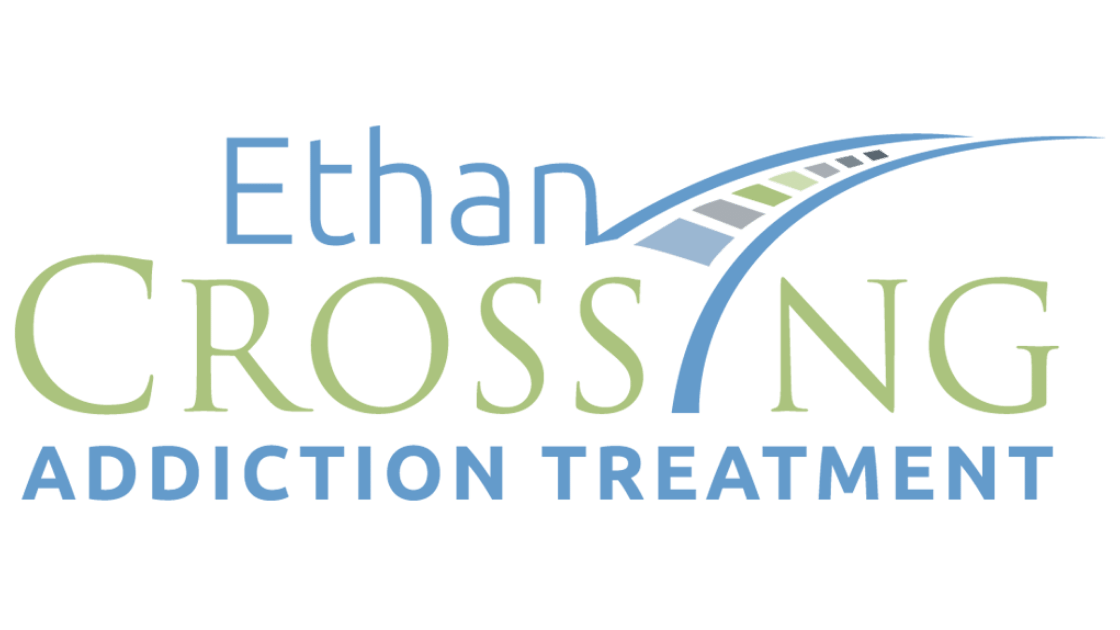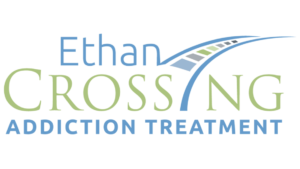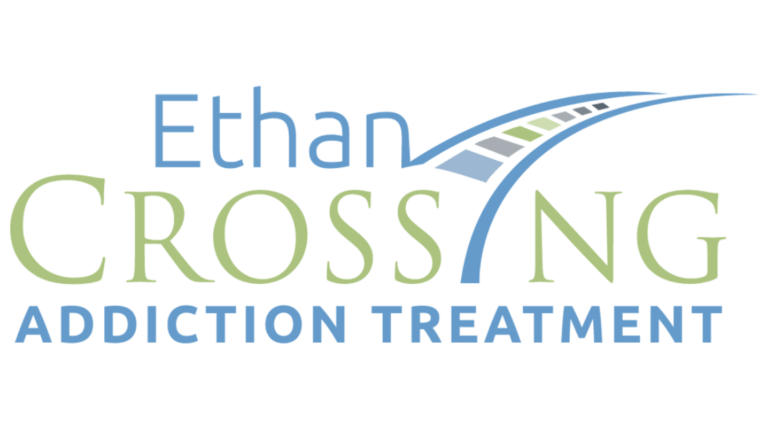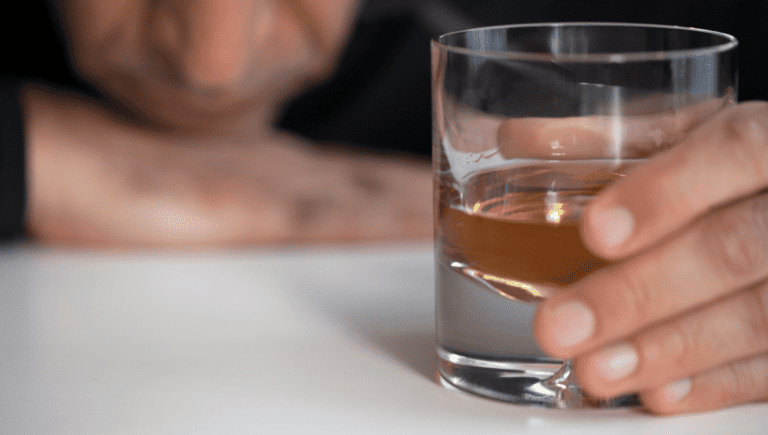The first step toward sobriety for anyone struggling with alcoholism is detoxification. Alcohol detoxification is the process by which all traces of alcohol is expelled from the body after the system has been subjected to this substance on a regular basis. The procedure can either be carried out in an outpatient or inpatient detox setting.
Detox is basically a simulation of withdrawal symptoms to get the body reaccustomed to functioning properly when deprived of alcohol. Like any other kind of abused substance, the withdrawal symptoms of alcohol are anything but pleasant, ranging from mild to severe inconveniences which depend on pre-existing disorders and the level of indulgence.
Although there’s no promise of lifelong abstinence after detoxification, it can, however, set the groundwork for a clean living and a rehabilitated lifestyle.
Withdrawal Symptoms During Detox
People accustomed to heavy drinking who decide to put an abrupt stop to this habit have a higher tendency of experiencing withdrawal symptoms within a 24-hour duration. The reason for this is the lack of alcohol in the body system which the brain has grown accustomed to.
Truth be told, withdrawal symptoms can be excruciating and dangerous in some cases. Some of the most common symptoms include:
- Anxiety: being deprived of alcohol can sometimes lead to jumpiness and constant worry about even the most trivial matters.
- Depression: it’s not uncommon for people trying to give up drinking to feel abnormally sad and hopeless.
- Exhaustion: constant fatigue is one of the most common signs of withdrawal even without performing any real activity.
- Headache: slight and severe migraines are a common occurrence among recovering alcoholics.
- Mood swings: such people tend to feel completely fine one moment and under the weather at the drop of a hat.
- Trouble sleeping: those struggling with withdrawal symptoms often have difficulty going to sleep.
- Change in appetite: you might also notice a sudden change in their eating patterns, as it can be a lot different from how it used to be before the start of the detoxification procedure.
- Racing heartbeat: increased heart rate is to be expected due to the sudden deprivation of alcohol from the system.
- Body tremors or shakiness, especially in hands: reflex and uncontrollable shaking of the fingers is a common occurrence.
- Nightmares: people trying to quit drinking sometimes wake up at night with cold sweats due to nightmares.
- Sweaty or clammy skin: the texture of their skin can appear a bit pale or clammy during this period.
Generally, it takes a considerable amount of time for the body and mind to readjust to living without alcohol and there’s an underlying risk of the withdrawal symptoms becoming worse. If not given the necessary medical attention the following problems may arise:
Alcohol hallucinosis
Chronic hallucinations occur around 12 to 24 hours of alcohol withdrawal and this state can go on for up to two days without proper medical attention.
Alcohol withdrawal seizures
Adverse withdrawal symptoms can lead to seizures in patients 6 to 40 hours after their last drink. The intensity of the seizures usually increases dramatically during the 24 hours.
Alcohol Detox Timeline
During the detoxification stage, alcohol is expelled from the body completely before the withdrawal symptoms gradually begin to fade in approximately two weeks after the detoxification.
Note that the withdrawal symptoms might take longer for people with acute AUD, but once the symptoms are gone, patients can then begin to focus on the more important aspects of their recovery like therapy, support groups, and even counseling sessions.
- Day One
The closer you get to the 24 hours of detoxification, you might notice the symptoms becoming increasingly severe, unlike anything you’ve felt before.
Accompanied by the symptoms you felt during the first 12 hours, you might also feel a bit disoriented and get hand tremors, but you shouldn’t let this scare you into taking a drink, as it’s simply a sign that you’re on the course to a healthy lifestyle.
- Day Two – Day Three
The second day and third day are a lot similar to the first day of detoxification, except that it would seem a bit more intense and a little harder to cope with.
During this period many patients experience hallucinations or even panic attacks as this is the final stage of recovery whereby every last trace of alcohol will be expelled from the body.
Jump To Section
What Is Medical Detox Treatment?
Detoxification is the best way to navigate through the most difficult parts of the alcohol withdrawal process. However, for there to be lasting results, it’s crucial that the thought and psychological patterns that bring about alcohol addiction be addressed thoroughly.
These days you’ll find different types of treatment approaches and settings to provide you with the assistance you need and ongoing support to retain your sobriety after your detoxification.
Inpatient or Residential Treatment
This is when you are living at a facility for the duration of treatment while you receive around-the-clock support and intensive therapy in group and individual sessions.
Outpatient Treatment
This treatment involves attending individual and group therapy sessions regularly at pre-scheduled intervals. These sessions encourage you to apply what you’ve learned during the treatment to real-life scenarios to prevent a relapse.
The process of alcohol withdrawal isn’t always the same for each person and can be quite unpredictable to an extent. To oversee the entire process properly, various assessment tools and screening equipment are necessary to assist the physician in identifying life-threatening symptoms in order to manage them accordingly.
This is why it’s of utmost importance to seek professional assistance for the detoxification process instead of embarking on it on your own.
Find Help Through Our Inpatient Treatment Program
Alcohol addiction leads to a world of health complications, not to mention the negative impact it could have on your relationship with people around you. Get the help you need to begin a healthy lifestyle by acquiring our service today.













